WICV 2024 | Thematic Summit “Collaborative Governance: Improving the Global Industry Regulatory System” Wraps Up
Date:2024-11-05 17:29
Typeface【 Default large Extra large 】
On October 18, the thematic summit “Collaborative Governance: Improving the Global Industry Regulatory System”was successfully held as part ofthe 2024 World Intelligent Connected Vehicles Conference (WICV 2024) in Beijing. The event was organized by the ChinaAutomotiveTechnologyandResearchCenterCo.,Ltd.(CATARC)and the MinistryofIndustryandInformationTechnologyEquipmentIndustryDevelopmentCenter(EIDC). It invited relevant Chinese government departments and institutions to present advancements in policies regulatingintelligent connected vehicles (ICVs), as well as foreign government departments and institutions to share management approaches from typical countries and updates on international standards coordination.
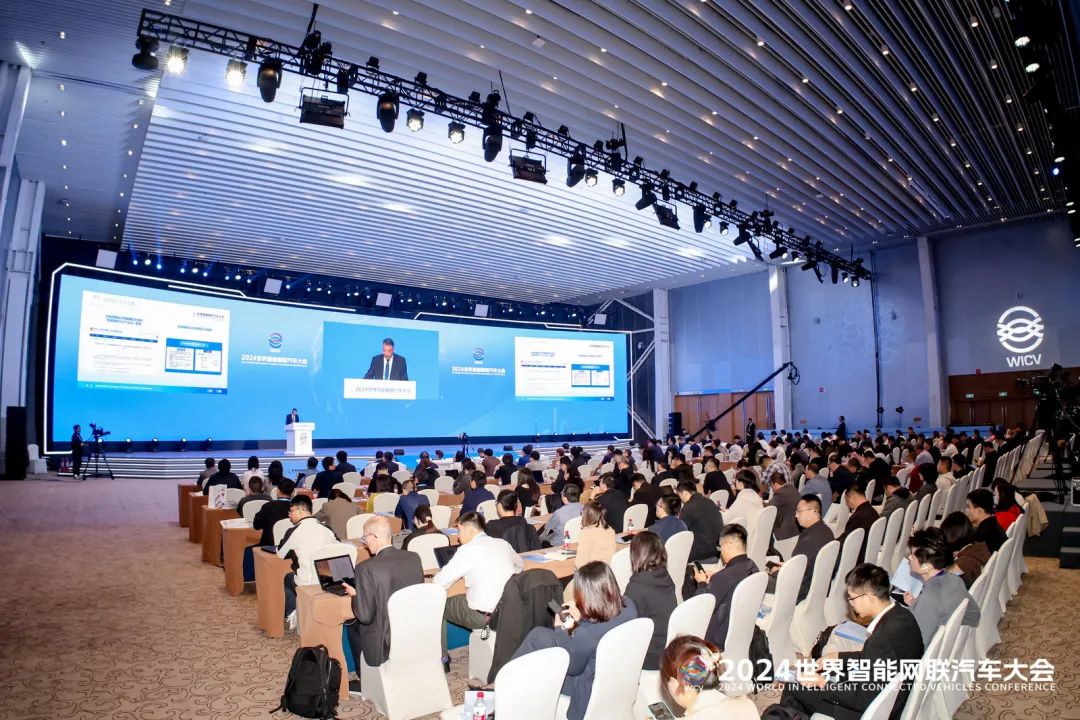
The summit featured several distinguished guests who delivered inspiring speeches, attracting representatives from governments, industry experts, and business leaders in the ICV sector from both China and abroad.
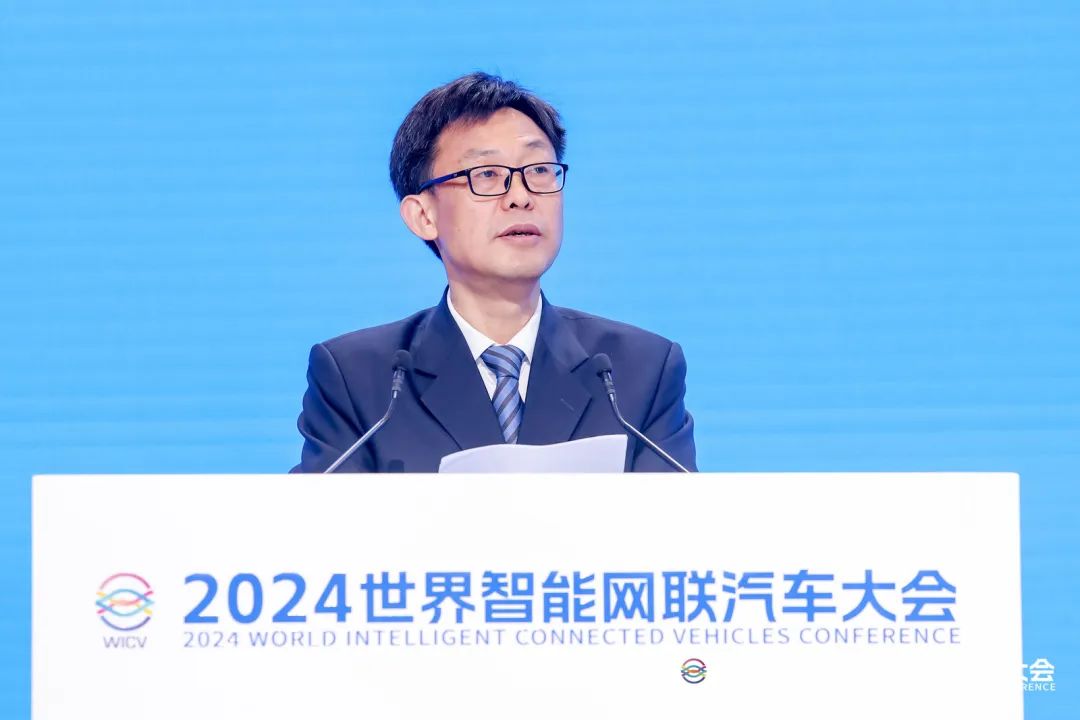
The event was chaired by Qu Guochun, Director-General of the EIDC.
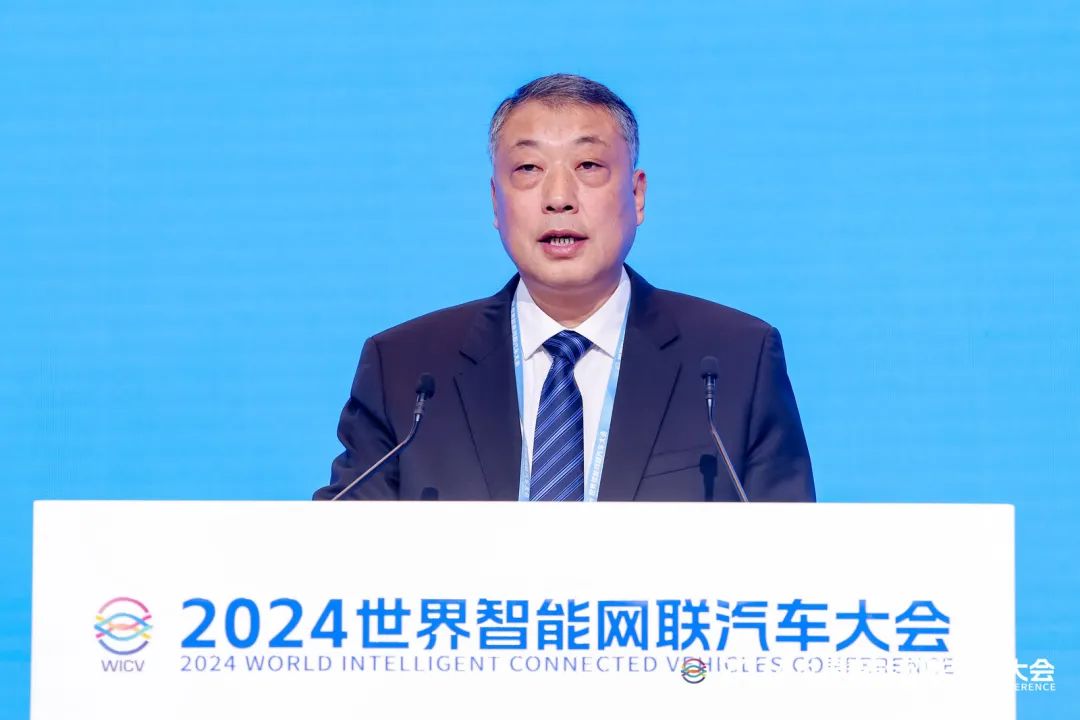
GuoShougang,DeputyDirector-Generaland Level I Bureau Rank OfficialofDepartmentofEquipmentManufacturingIndustriesI, Ministry of Industry and Information Technology (MIIT), delivered an introductory report titled “PracticeandExplorationofManagementofICVsinChina”, sharing China’s experiences and innovations in this field. He emphasized that China’s ICV sector is at a critical stage of transitioning from testing and demonstrative applications to large-scale industry development. The Chinese government prioritizesits healthy development through a series of innovative measures, including improving the technical standard systems, conducting product access pilot projects, and strengthening safetyregulations.
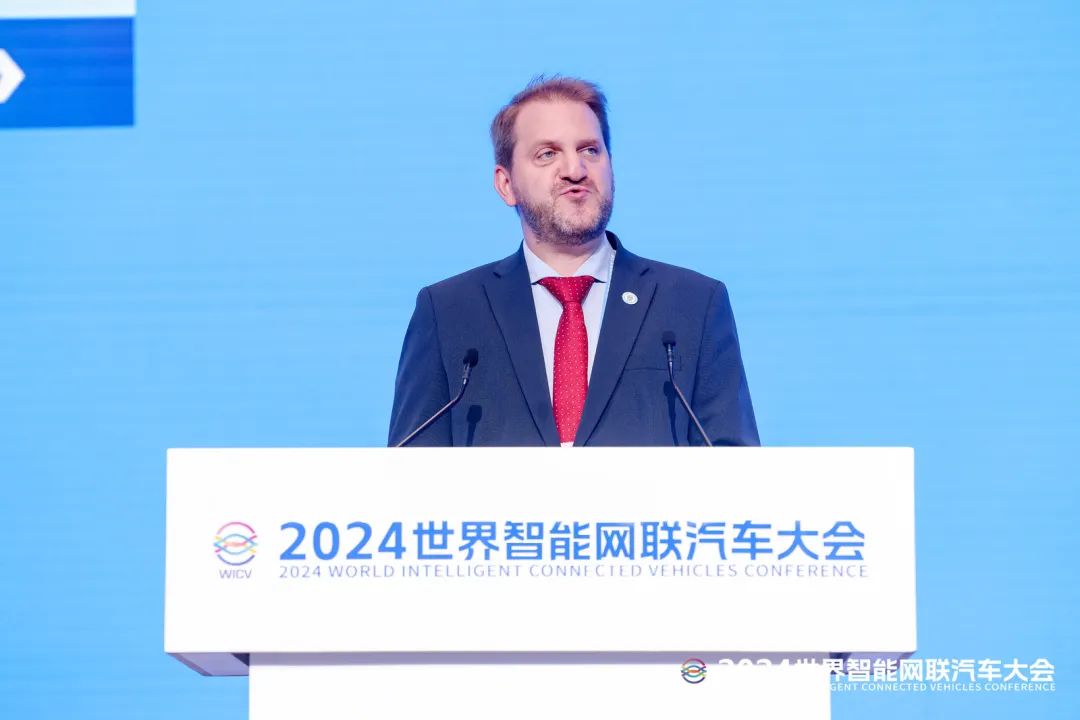
Francois Guichard, Secretary to the Working Party on Automated/Autonomous and Connected Vehicles (GRVA), presented the latest progress in international vehicle regulations, covering topics such as electric vehicle safety, autonomous driving regulations, vehicle communication safety, and the impact of artificial intelligence. He underscored the importance of a globally harmonized regulatory system and outlined future plans for L3 and L4 autonomous driving regulations.
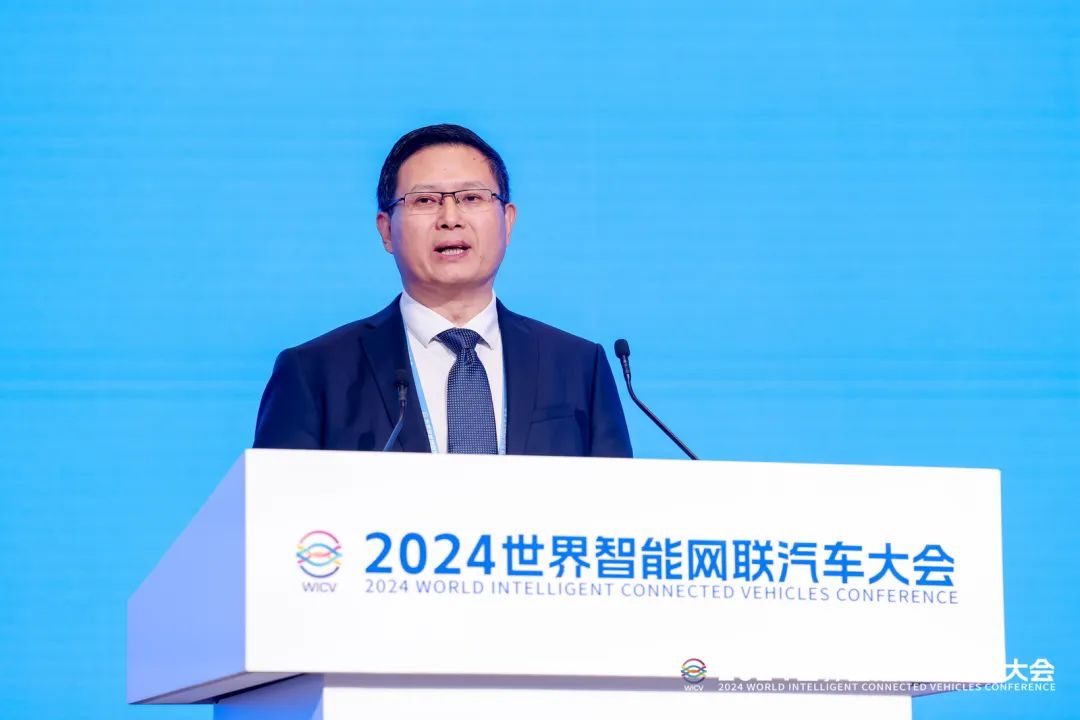
Sun Yonghong, PresidentoftheResearchInstituteofHighway of the Ministry of Transport (MOT), gave a speech on “ComprehensivelyPromotetheDevelopmentandApplicationofIntelligentConnectedTechnology”. He pointed up the significance and urgency of developing ICV technologies in the transportation sector and described the measures and achievements China has made in promoting intelligent transportation infrastructure and operational ICVs.
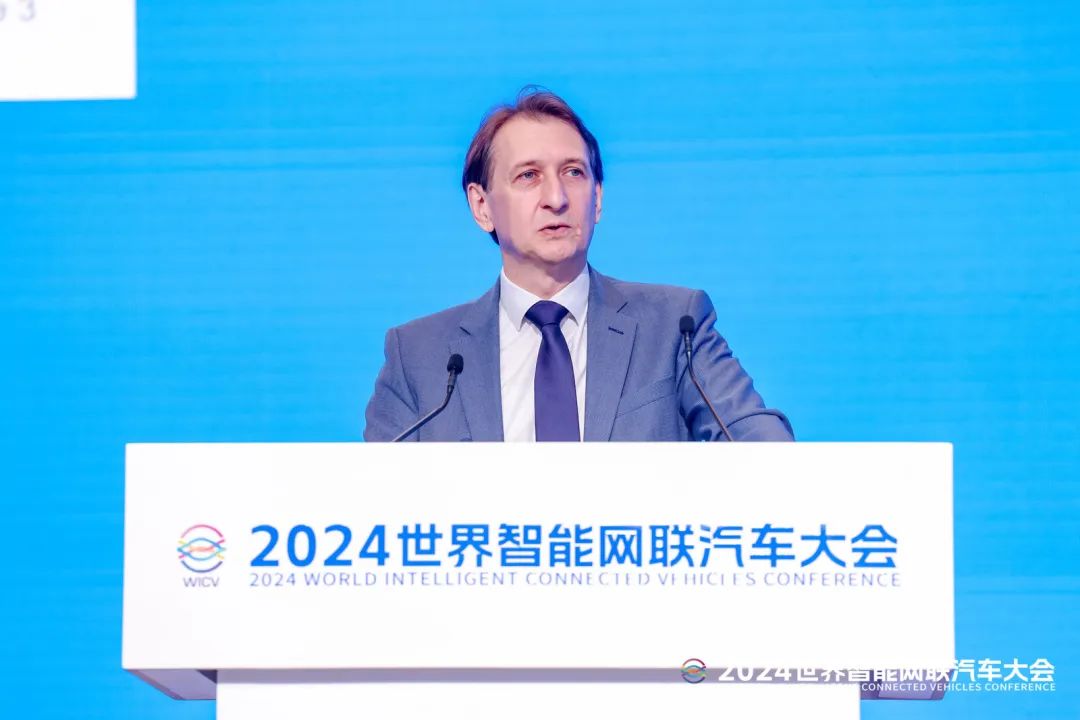
RichardDamm,PresidentoftheFederalMotorTransportAuthority(KBA)ofGermany, shared insights on the progress of the vehicle automation and assistance systems at the UNECE WP.29/GRVA and in Germany. He provided experience in formulating autonomous driving regulations and testing approvals, and outlined future strategic directions.
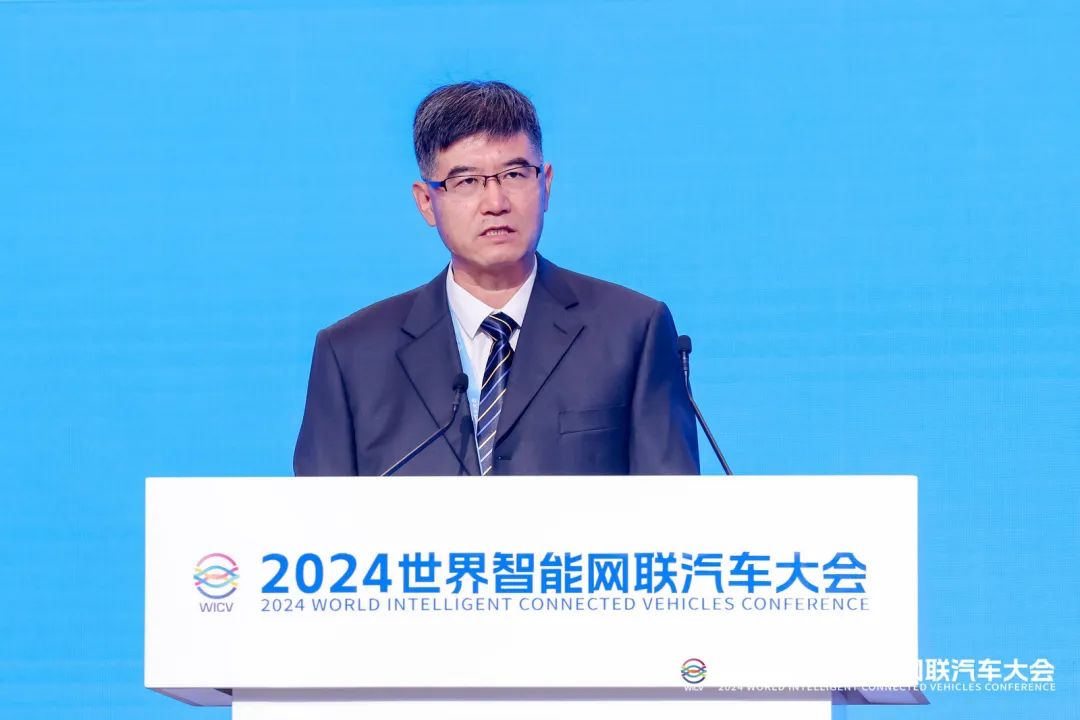
Wang Wei, Deputy Director-General of Map Supervision Center of the Ministry of Natural Resources (MNR), discussed how to “Maintain the Safety of Geographic Information of Surveying and Mapping, Promote the Development of the Autonomous Driving Industry”. He clarified the critical role of geographic information in autonomous driving and introduced China’s policies ensuring the safety of mapping geographic information related to autonomous driving, along with measures to promote industry development.
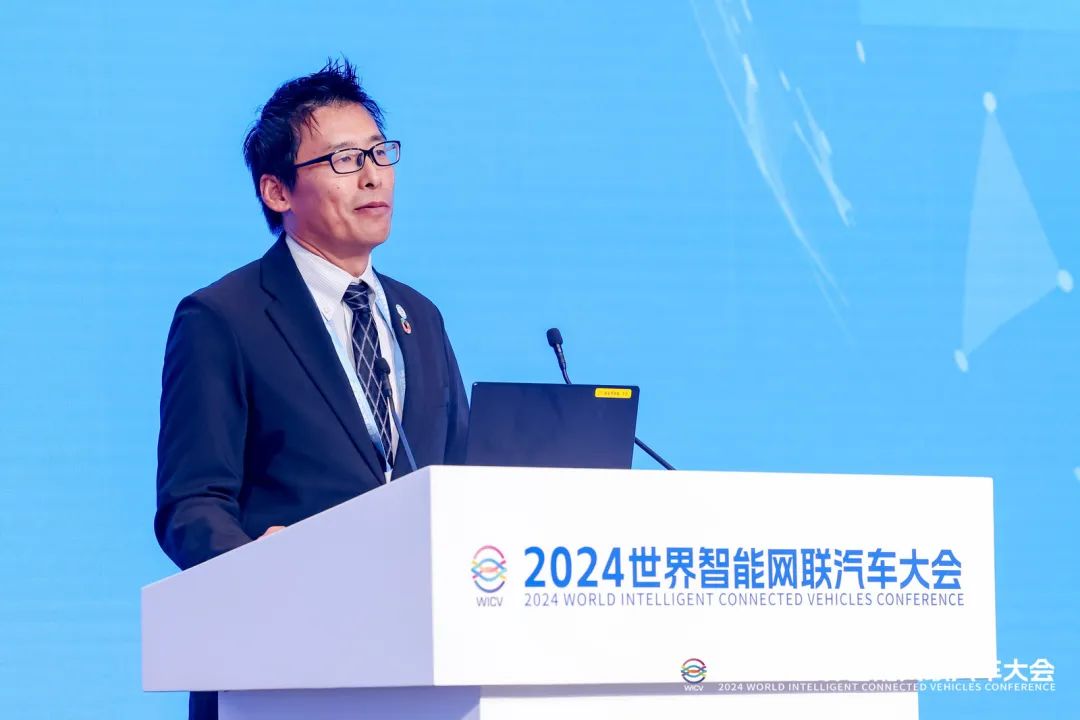
TakashiNaono, SafetyStandardsDirectorofRoadTransportBureauofJapan’s MinistryofLand,Infrastructure,TransportandTourism, delved into Japan’s latest advancements in ICV regulations and technologies, including safety standards, testing requirements, and road approval conditions for autonomous driving systems. He also shared Japan’s experiences in autonomous driving testing, data security, and international cooperation, emphasizing the importance of harmonizing international standards and offeringrich insights from regulatory and technical perspectives.
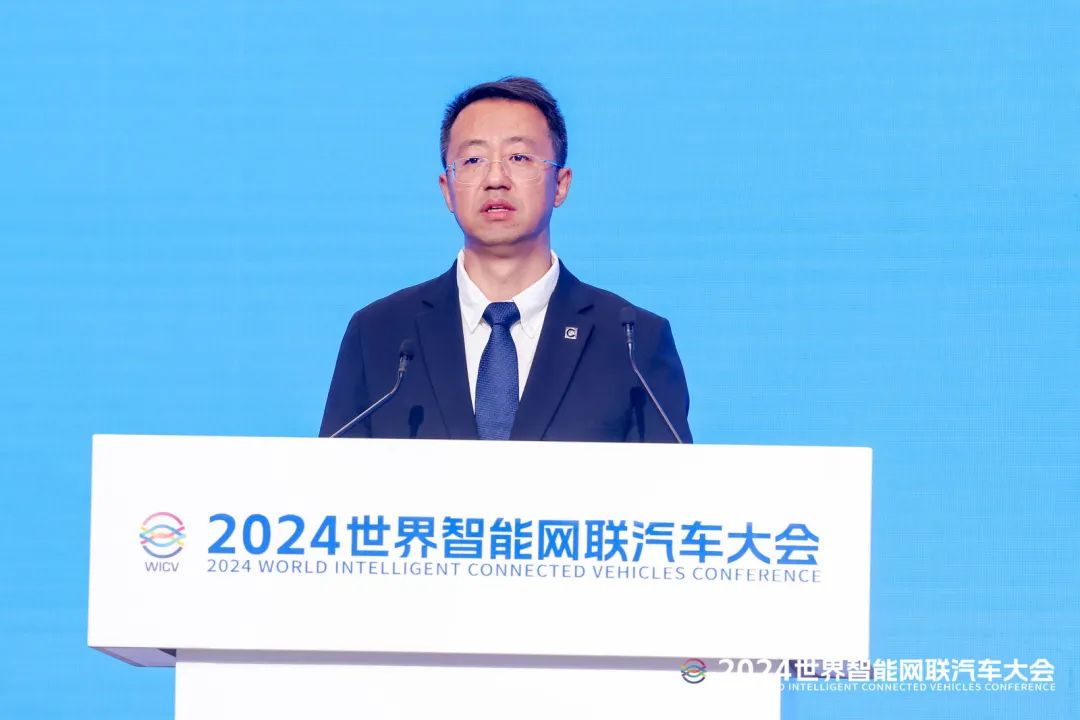
Liu Xiangang,Vice President of the China Electronics Standardization Institute (CESI), shared his view onICV standardization, emphasizing China’s commitment to standardizingICV and V2X technologies. He highlighted China’s active efforts in standardizing data security, automotive chips, intelligent cockpits, and power batteries, as well as making forward-looking plans in standardizing next-generation information technologies such as cloud computing, cybersecurity, and artificial intelligence, achieving significant results.
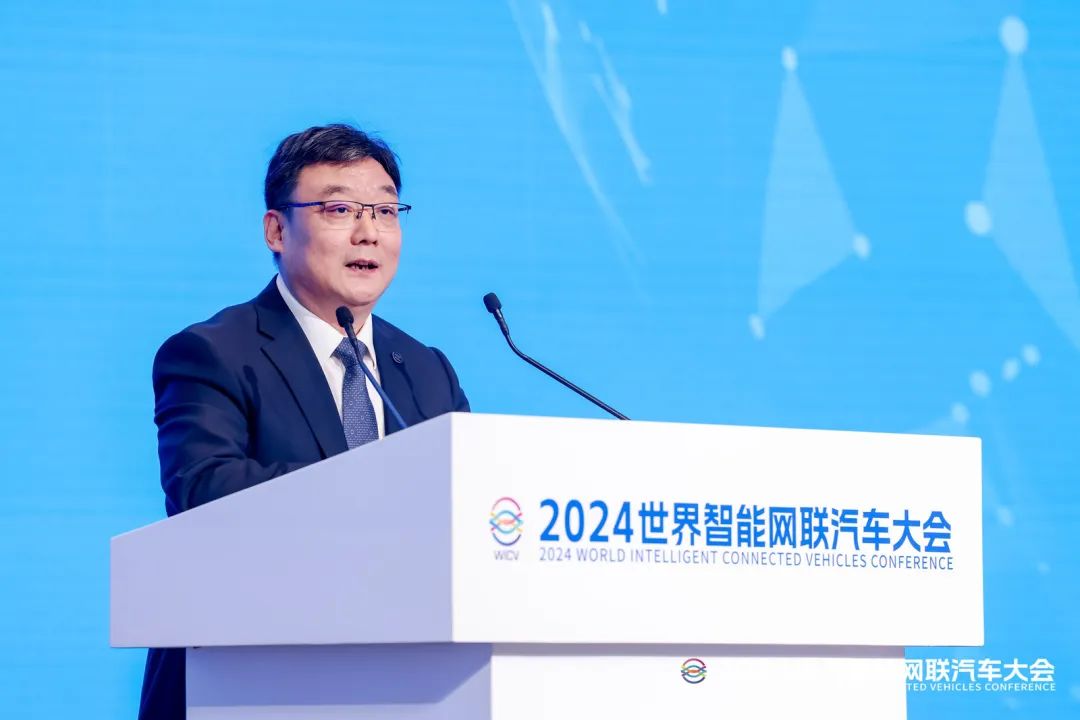
Gong Jinfeng, Deputy General Manager of CATARC, delivered a speech on “Progress in the Construction of Standard System and Formulation of Key Standards of ICVs in China”. He detailed China’s achievement in standardizing driver assistance, autonomous driving, and connected technologies over recent years. He also outlined plans for the next stage of building the ICV standard system, including accelerating the development of key standards and creating a standard application database, offering valuable insights from the perspective of standards support for the high-quality development of the ICV sector in China.
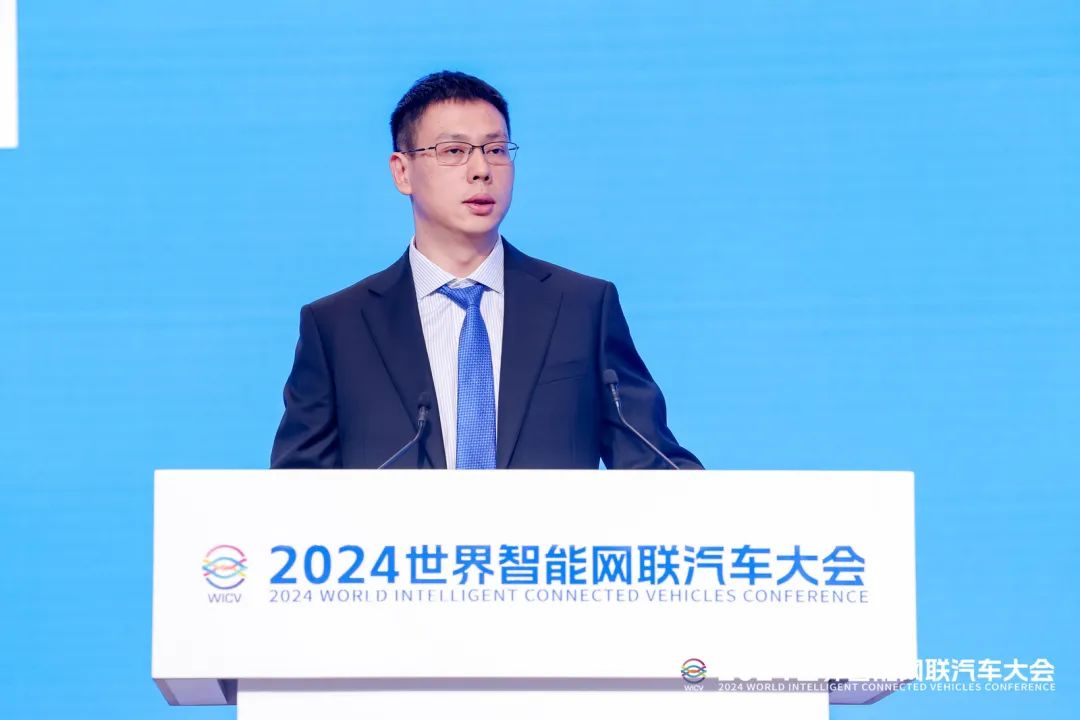
Zhao Guangming, Researcher at the Research Institute for Road Safety of the Ministry of Public Security (MPS), explored how to ensure the safe operation of ICVs on the road. He emphasized the safety requirements for these vehicles and showcased the efforts made by public security departments in system design, technological research, and regulatory promotion. He also elaborated on innovative applications such as digital driver assessment models and composite testing technologies on transport regulations, aiming to enhance ICV’s safety performance.
The summit brought together global government officials, industry experts, and corporate representatives in the ICV sector. Their extensive discussions and exchanges generated valuable ideas and suggestions for improving the global regulatory system for the ICV industry. Participants expressed their commitment to collaborating to contribute wisdom and strength to the sound and sustainable growth of the global ICV industry.
Previous article
Next article